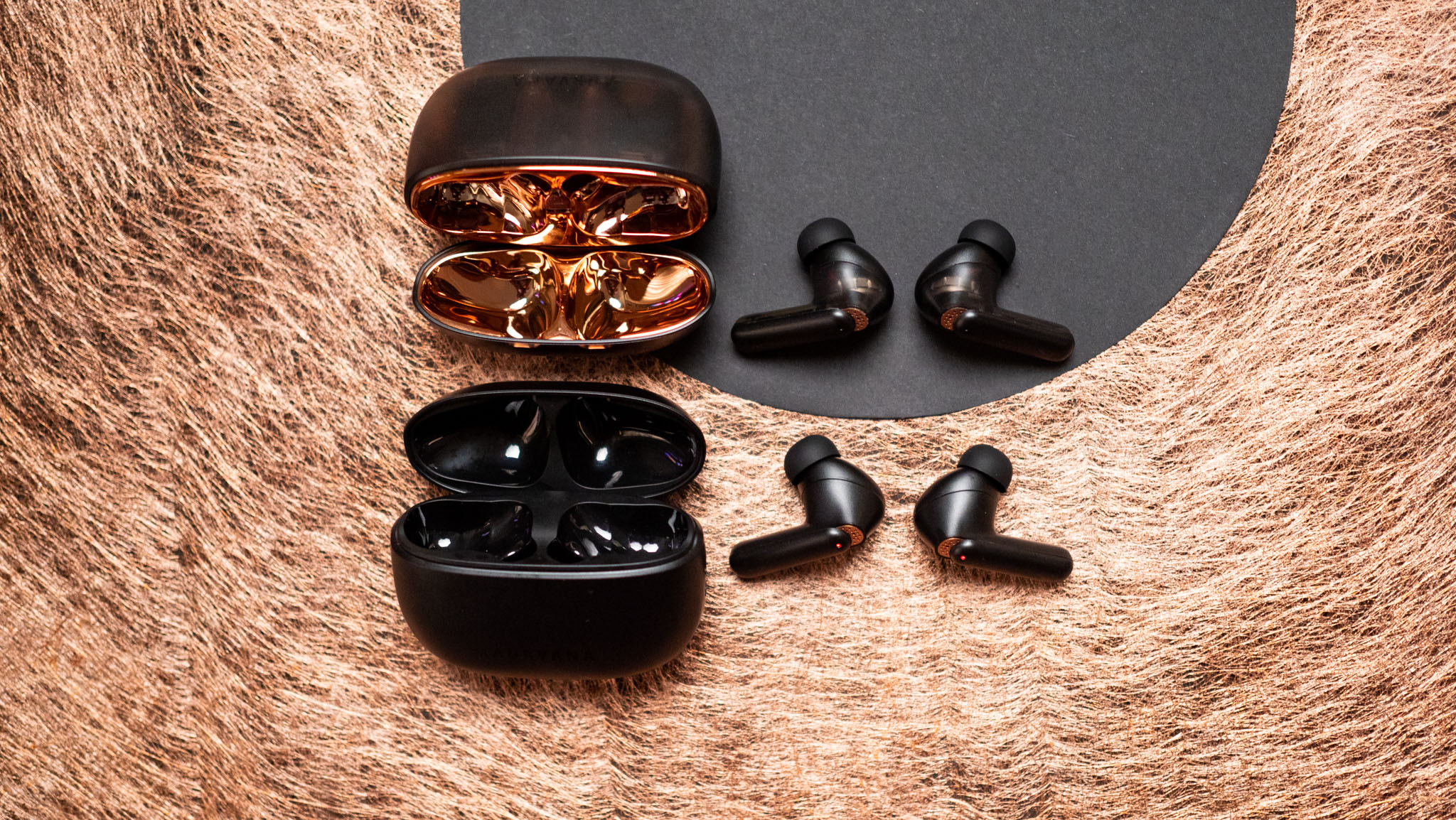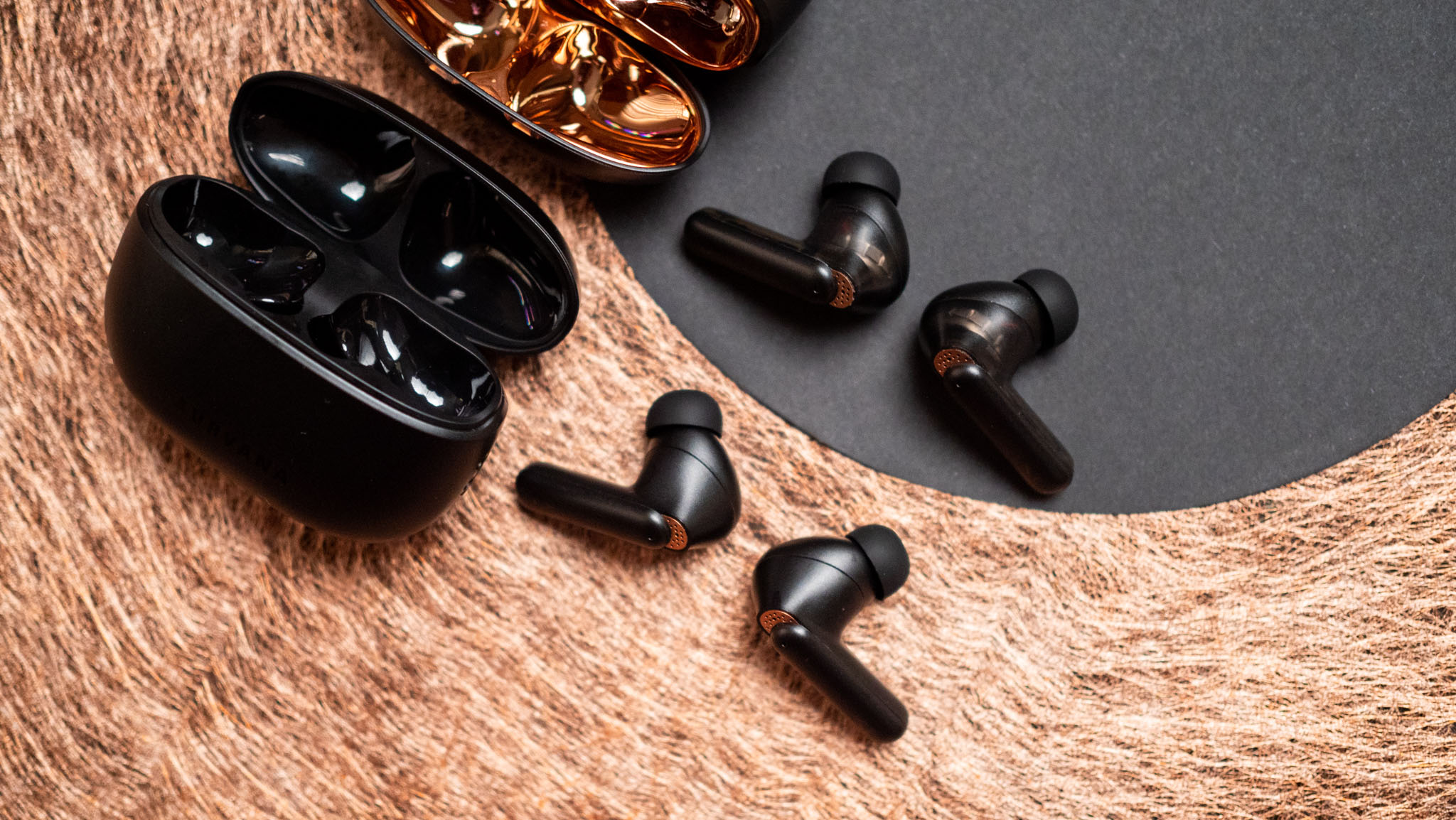
I have a lot of audio products in the house, ranging from $15 neckbuds to $1,499 custom IEMs with 12 drivers in each earbud. While there's a lot of differentiator when it comes to materials, tuning, and features, the unifying trait amongst all earbuds I have is that they use traditional dynamic drivers that use a magnetic coil to generate sound.

In Hardwired, AC Senior Editor Harish Jonnalagadda delves into all things hardware, including phones, storage servers, and routers.
That's changing with the introduction of solid-state audio drivers, such as those seen in the Creative Aurvana Ace 2. The earbuds use a regular 10mm driver that's joined by an xMEMS solid-state driver that handles the treble and some of the mid-range frequencies the dynamic driver isn't able to hit.
Hybrid driver designs are a mainstay with IEMs, but what's different about xMEMS is that it uses silicon membranes combined with a monolithic piezo drive to produce sound, and that allows the driver unit to be considerably smaller. This means you can get earbuds with bigger batteries or other additional features that are the same size as existing designs.
What's interesting now is that xMEMS is rolling out a new solution dubbed Harding that makes it significantly easier for audio brands to get started with solid-state drivers. In an email interaction, I asked Mike Housholder, xMEMS's VP of Marketing and Business Development, about any design wins secured by the reference design.
"The Harding design files have been requested by and delivered to several ODMs as the starting point for their own 2-way design with xMEMS," noted Housholder. "Even before Harding, though, ODMs have already been replicating the core 2-way speaker module design for their own xMEMS-based projects. For example, the Creative Aurvana Ace and Ace 2 utilize a similar module design as Harding for their 2-way implementation."

Essentially, Harding is a reference design that uses the brand's Cowell driver, and its introduction should pave the way for plenty of new products that leverage the tech. The Aurvana Ace 2 also uses xMEMS's Cowell driver mated to a dynamic driver, and I asked about the difficulties involved in integrating the silicon driver with a traditional design.
Housholder said that the only challenge was in "taking a thoughtful approach to keeping the speaker module thin while designing the proper acoustics to enable each speaker driver to shine and deliver to their maximum potential. This was all achieved without compromising the mechanical design of the earbud and the fit of the other system components."
In addition to its Cowell driver, xMEMS has another product called the Montara Plus, and I'm particularly interested in seeing that in a consumer product as it is a full-bandwidth transducer. Housholder mentioned that there are several IEM designs based on the Montara Plus in the works, and that they will be releasing within the next few months.
There has been a lot of innovation in the audio segment in recent years, and the introduction of solid-state tech has the potential to catalyze the industry — I can't wait.







